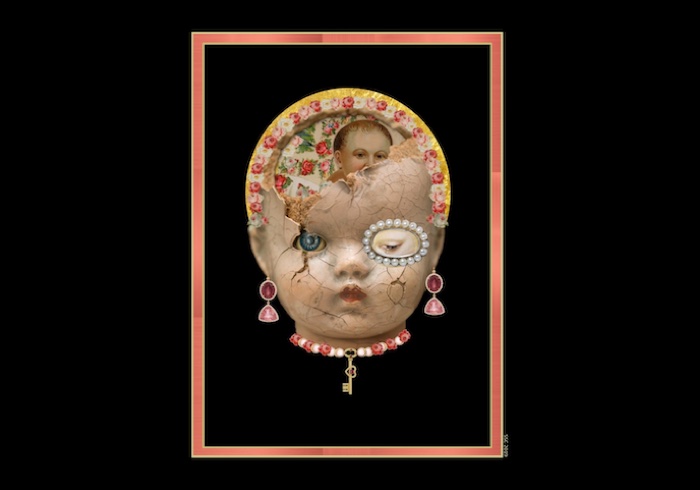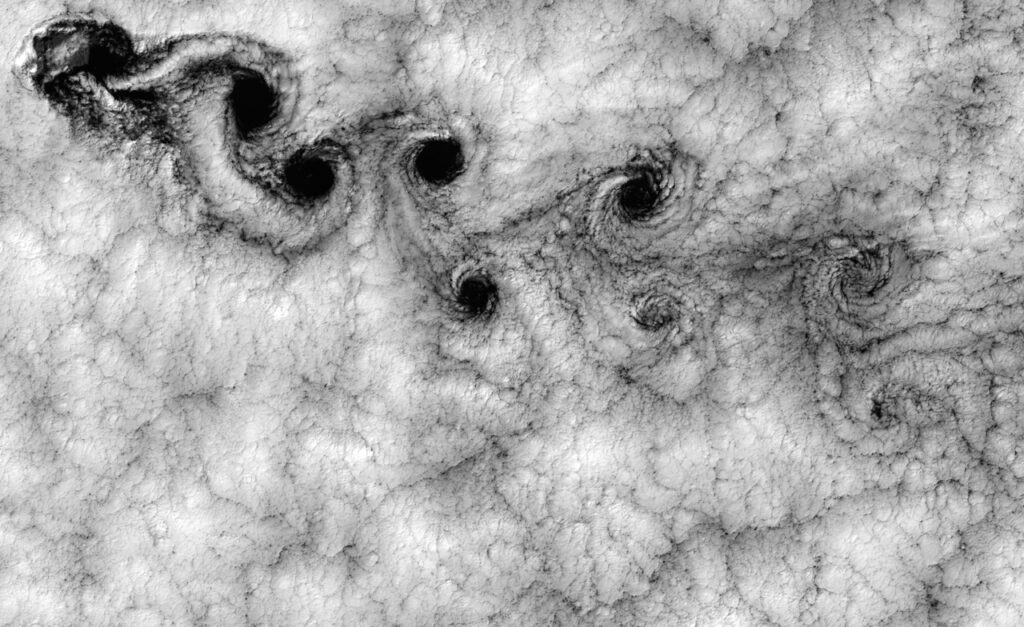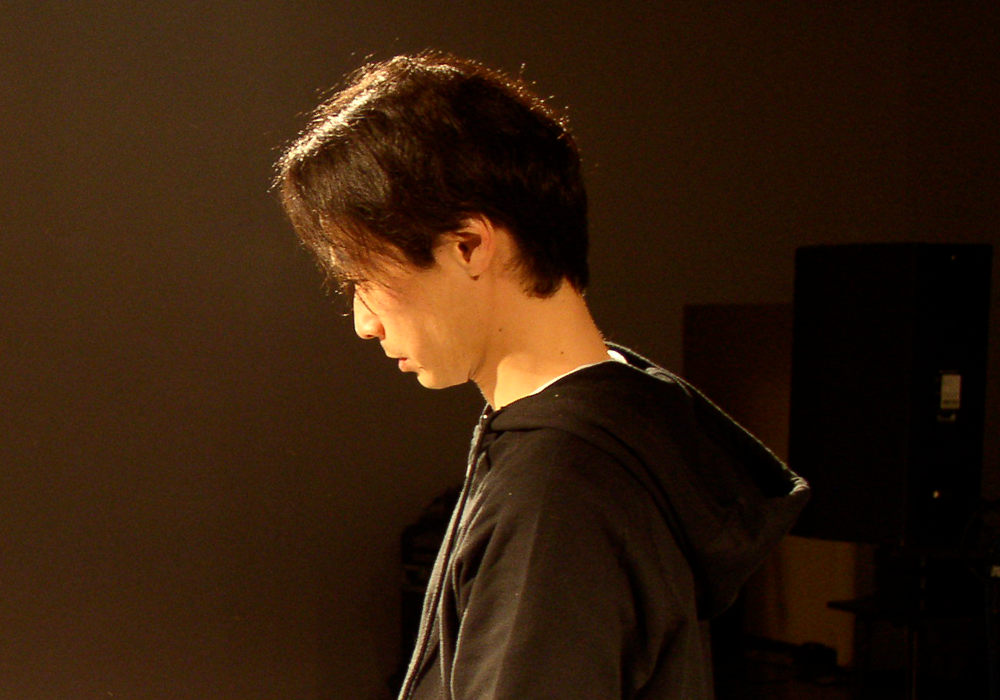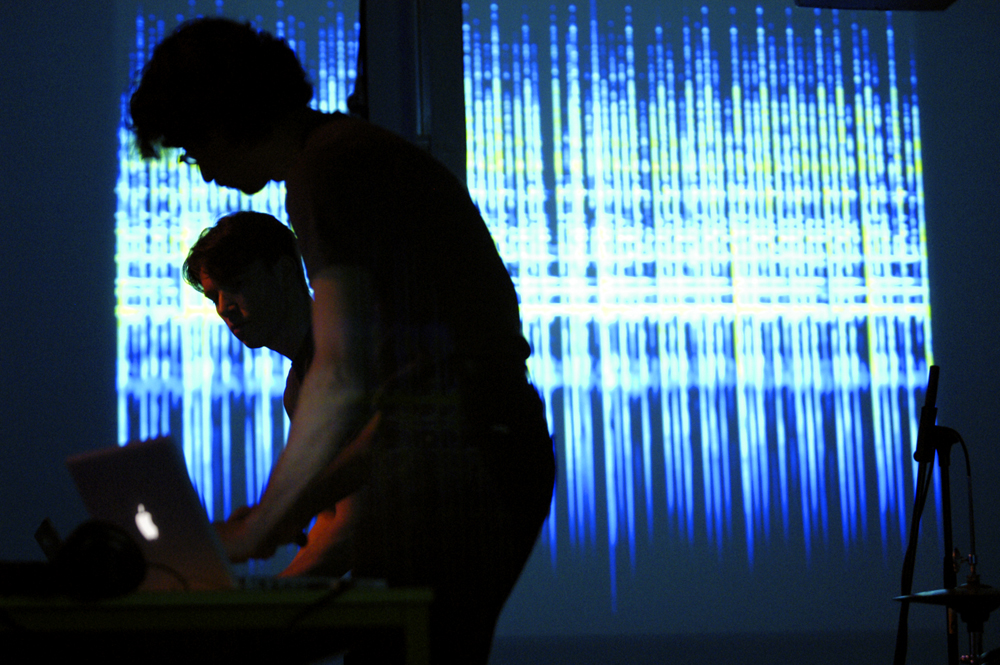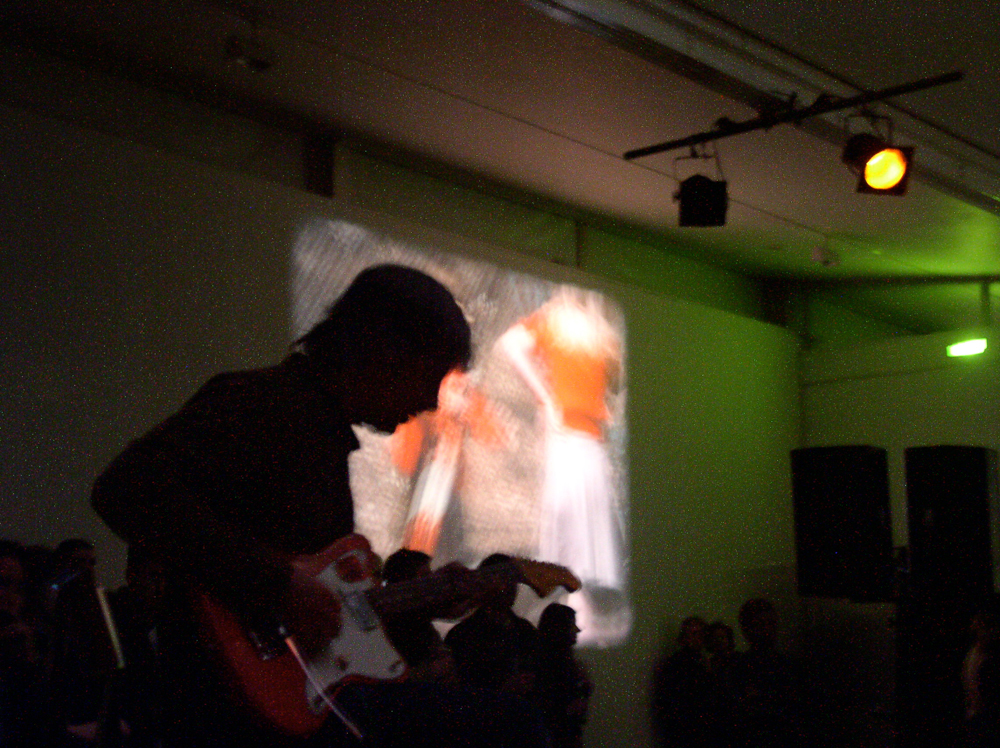
Text of Light and Films by Stan Brakhage
Alan Licht Lee Ranaldo Stan Brakhage Tim Barnes Ulrich Krieger
As opposed to suggesting soundtrack’s to Brakhage’s works [which are almost entirely silent] Text of Light use his works to stimulate improvisation, enveloping them into the structure of the group much like an additional musician.



